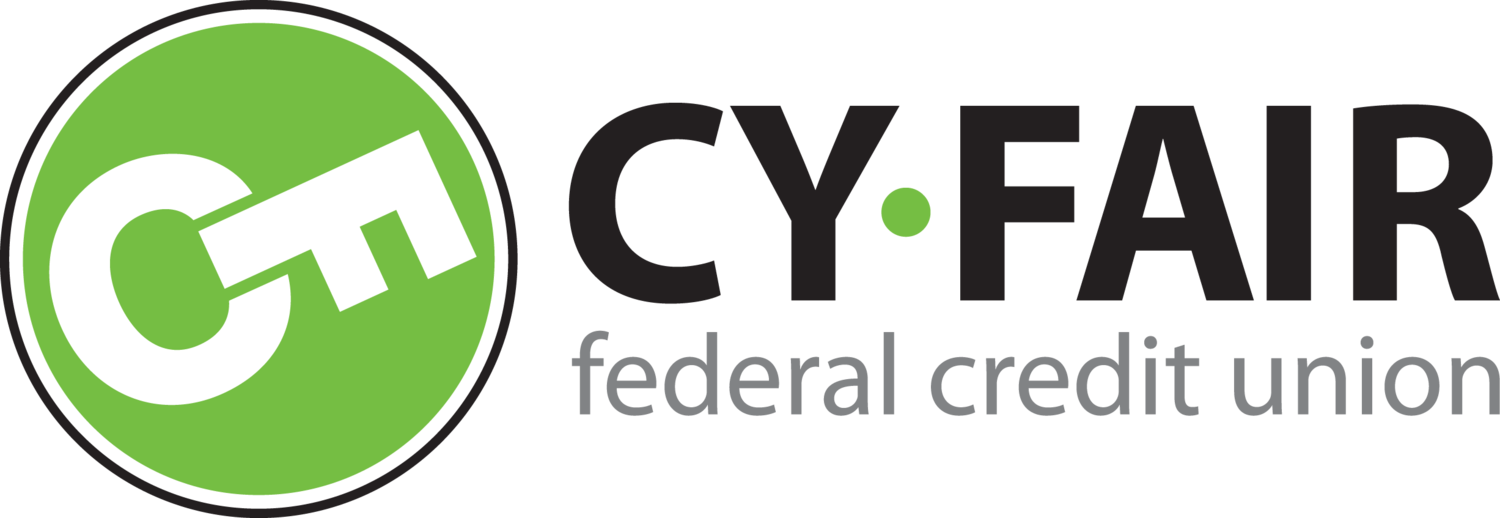Put Your House to Work
Sometimes we see a beautiful house and think, “I should sell my home and get a house like that one!” But your current home has something a new home doesn’t have—equity. Home equity provides homeowners with a ready financing source to turn their house into their dream home.
Before going all out on renovations, think carefully. Some renovations pay off better than others. Bathroom and kitchen renovations provide the greatest return, between 90% and 95%. Decks and swimming pools hold the low end, between 40% and 70%.
Also, keep in mind how long you'll be in your house. If you plan to sell it in six months, the cost and pain of remodeling won’t make sense.
How can you calculate your equity? Let's say you made a down payment of $20,000 on a house priced at $400,000. Additionally, in five years you've paid $15,000 toward the principal, and the market value of your house has increased to $500,000. The sum of your down payment ($20,000), principal paid ($15,000) and the increase in property value ($100,000) gives you $135,000 in equity.
Does that give you complete freedom to spend $135,000 on remodeling? Not necessarily. Lenders consider many factors when issuing and renewing home equity loans: your credit history, debt-to-income ratio, plans for the loan, and the loan-to-value (LTV) ratio. Most prefer an LTV ratio of 80% or less. In plain English, what you owe on your home—mortgage plus home equity loan—shouldn't exceed 80% of your home's value.
A traditional home equity loan is a second mortgage. You borrow a lump sum upfront and repay it in monthly installments over time—from 5 to 30 years—at a fixed interest rate.
To discover more about these loan options, visit any of our Financial Centers or Call Us to speak with a Loan Consultant. We'll assist you in finding the perfect option to suit your needs and get you started right away.

